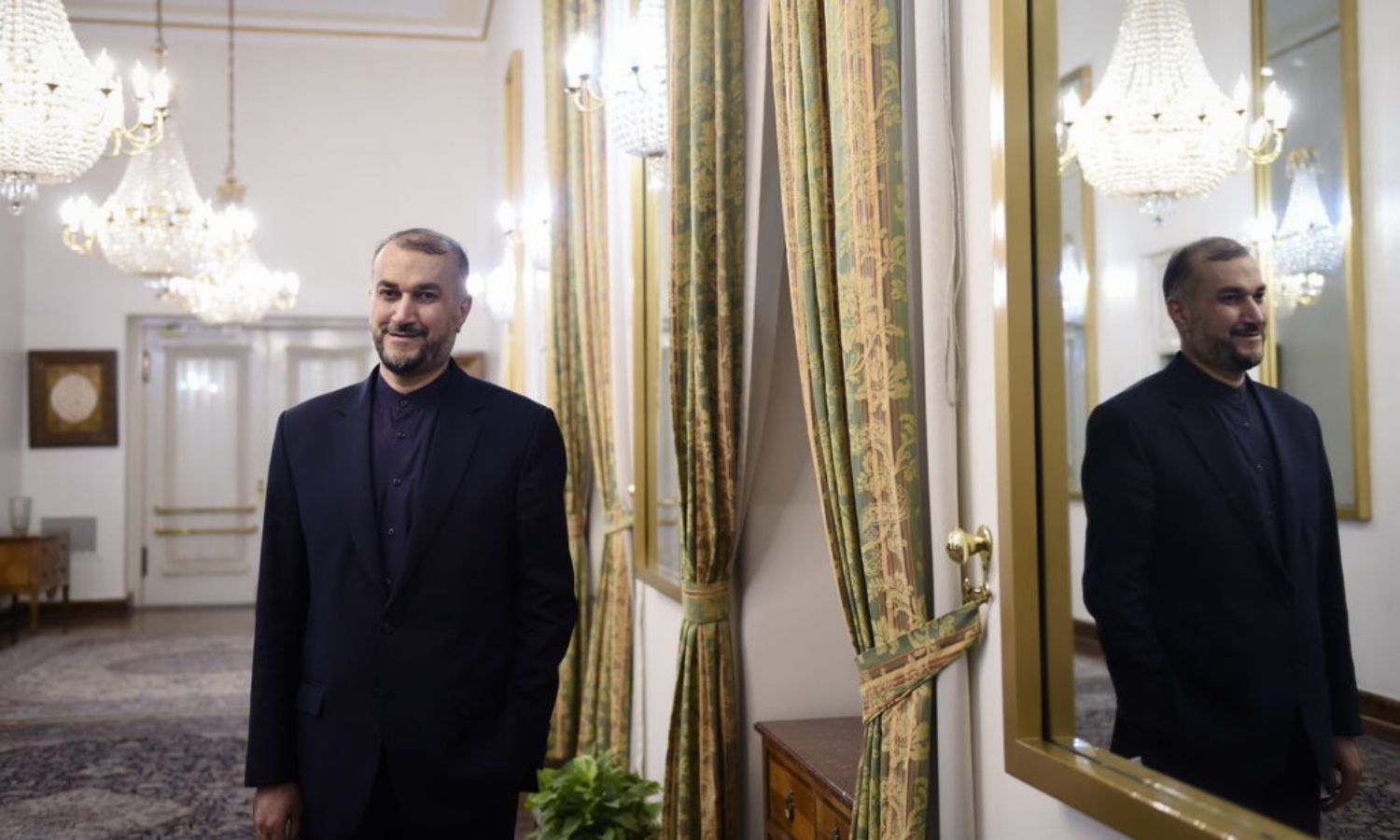Iran emphasized the importance of assisting the Syrian Arab Army in establishing border security along the Turkish border, addressing Turkey’s concerns and urging it to withdraw its forces from the occupied regions of northern Syria.
Ali Asghar Khaji, the Senior Assistant for Special Political Affairs to the Iranian Foreign Minister, was quoted in the Iranian Al-Wefaq newspaper as saying, “We are confronted with two undeniable truths: land occupation is unacceptable, and the security of territories is equally valid. The Turkish government aims to address the issue of terrorist infiltration from Syria before discussing military withdrawal.
Two Weeks After Start of School Year: Damascus Schools Without Teachers
On the other hand, Syria views Turkey as an occupying force. Both perspectives should be considered within the framework of good neighbourliness, international regulations, and the mutual interests and security of both nations, much like the negotiations that took place in Adana.” He stressed the need to assist Syrian military forces in positioning themselves along the border to establish border security, which would allay Turkey’s fears, adding, “Turkish forces should also vacate the border.”
Khaji further explained that “current discussions revolve around cooperation between Turkey and Syria, with Iran and Russia participating, to secure the border and end Turkey’s military presence in Syria. While the implementation mechanism remains undetermined, a key aspect of this agreement is the fight against terrorism, a principle both parties endorse.”
When asked about the ongoing situation in northwestern Syria, particularly with the active presence of the terrorist organization “Al-Nusra Front,” which has formed a government, changed its name, and is listed as a terrorist group by the United Nations, Khaji said, “There is unanimous agreement in Syria on the necessity of countering terrorism.
However, defining terrorism and its instances poses a challenge. The Al-Nusra Front is a terrorist organization, and its members are listed as terrorists by the United Nations. Our agreements stipulate the need to combat terrorist groups, and the Astana statements identify the Al-Nusra Front as a terrorist organization. They are currently located in Idleb in the de-escalation zone, exerting control while other groups have a lesser role.”
He continued, “Our agreement aimed to separate civilians from terrorist groups in Idleb. Civilians should be handled through negotiation, while terrorist groups must be confronted decisively, disarmed, and expelled. Regrettably, these agreements have not been fully implemented, and this festering wound persists. This objective must be realized in our upcoming discussions with Turkey, Russia, and Syria.”
When asked whether military operations in Idleb are ruled out, Khaji responded, “Currently, Jabhat al-Nusra forces frequently conduct operations within Idleb or infiltrate government-controlled areas in Idleb. Russia and the Syrian army are engaged in operations against them. While normal conditions do not prevail, large-scale operations have not yet been undertaken. Anything is possible in Syria. When dialogue fails to resolve the issue, there may be no alternative but to address this festering wound through more assertive measures.”
This article was translated and edited by The Syrian Observer. The Syrian Observer has not verified the content of this story. Responsibility for the information and views set out in this article lies entirely with the author.


